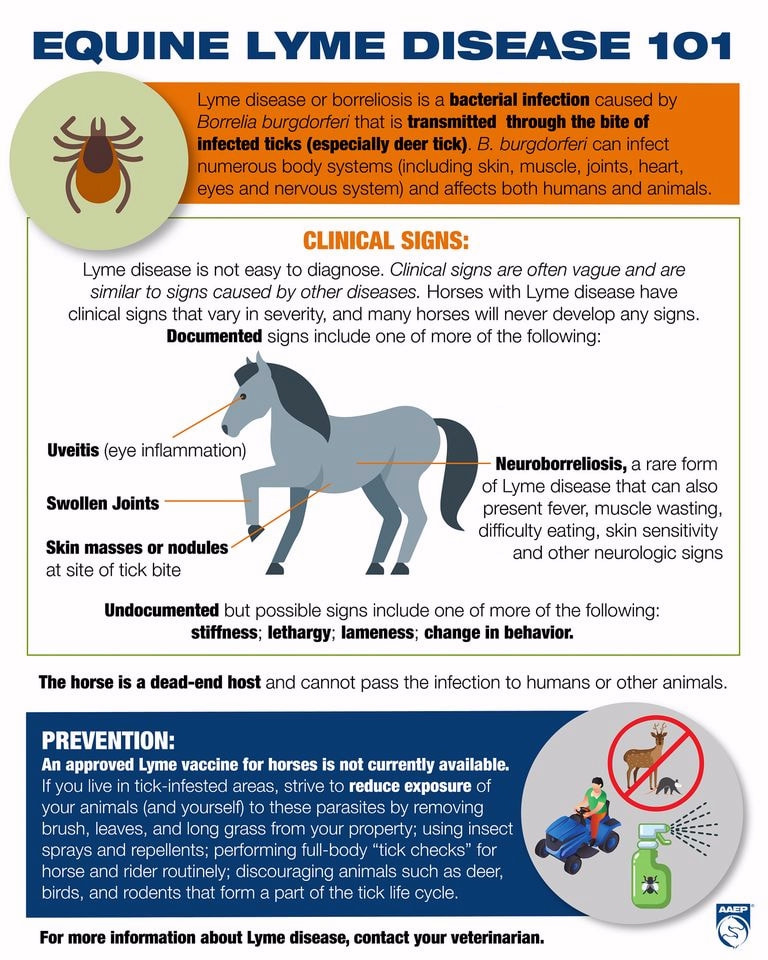90 of cases are caused by an underlying hormonal disorder.
Steroids cause laminitis in horses.
Although laminitis occurs in the feet the underlying cause is often a disturbance elsewhere in the horse s body.
Whatever term is used the statement corticosteroids cause laminitis is certainly not based on fact.
Grass can be a trigger factor for the onset of laminitis in horses and ponies suffering from a hormonal disorder but it is unlikely to be the sole cause.
There has been growing interest and research into the causes of laminitis over the last 12 months and considerable progress has been made linking medical disorders such as equine metabolic syndrome and pituitary pars intermedia dysfunction cushing s.
If true the pathogenesis o.
As far as the author is aware there is no scientific paper that supports the idea that corticosteroids cause laminitis.
Latest information about the risks posted on january 23 2013 by alice.
Corticosteroids steroids there is little evidence that corticosteroids cause laminitis in healthy adult horses without an underlying condition.
The causes vary and may include the following.
She concluded that there is no evidence that therapeutic systemic corticosteroid administration is associated with laminitis in adult horses without underlying.
Your vet will be able to discuss the risks and decide on the best cause of action.
In all cases on going consultation with a veterinarian is recommended.
While the exact mechanisms by which the feet are damaged remain a mystery certain precipitating events can produce laminitis.
It is important to weigh the benefit of relieving joint pain with steroids versus the potential to develop laminitis if a horse is predisposed by cushing s disease or equine metabolic syndrome.
Steroids and laminitis professor catherine mcgowan has published a paper looking at the evidence for corticosteroids like preds as being a causal factors in cases of laminitis.
Laminitis is a common cause of lameness.
There is the occasional case report of a single horse developing laminitis following steroid administration but in.
Corticosteroids have been known to cause laminitis in horses although prednisolone is not thought to be in the higher risk category.
However there exists substantial controversy as to whether excess gcs cause laminitis de novo.
Recent evidence has shown that contrary to common belief grass is not the biggest cause of laminitis in the uk.

